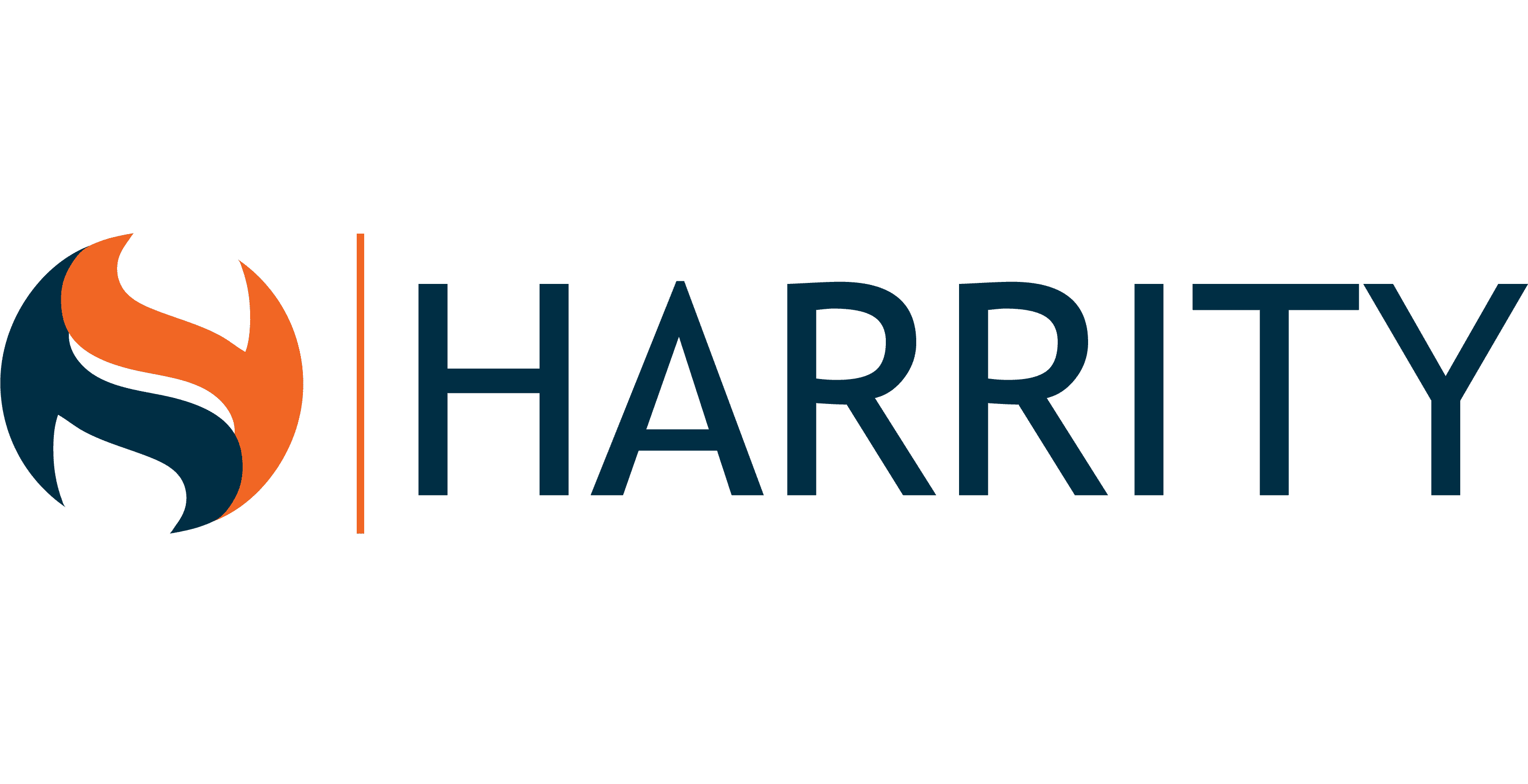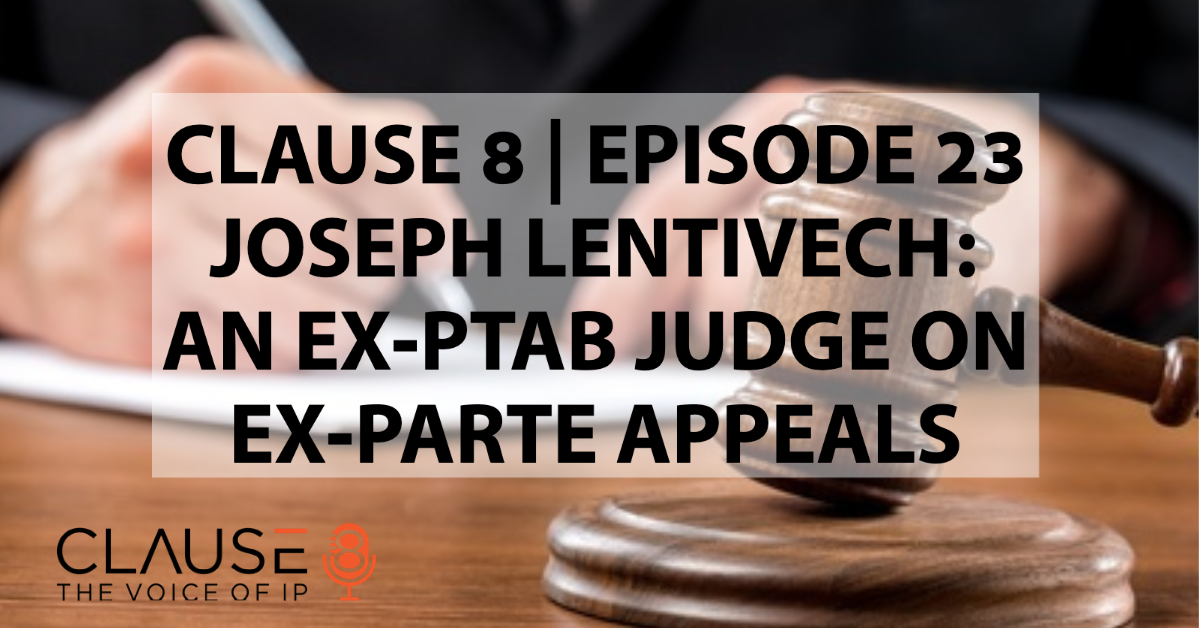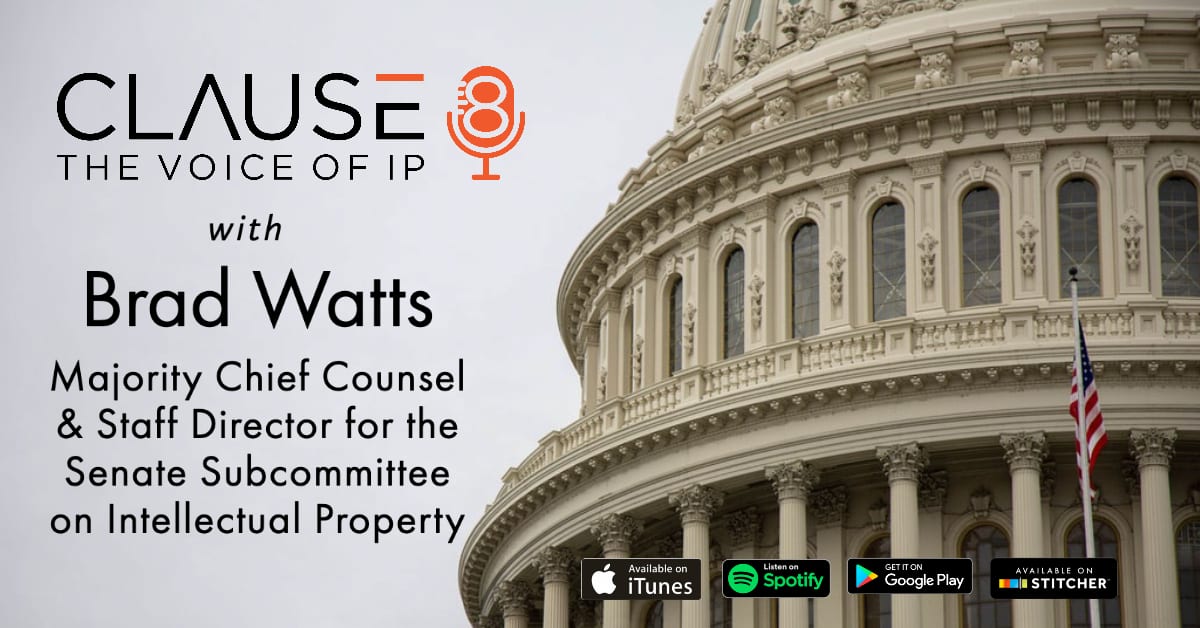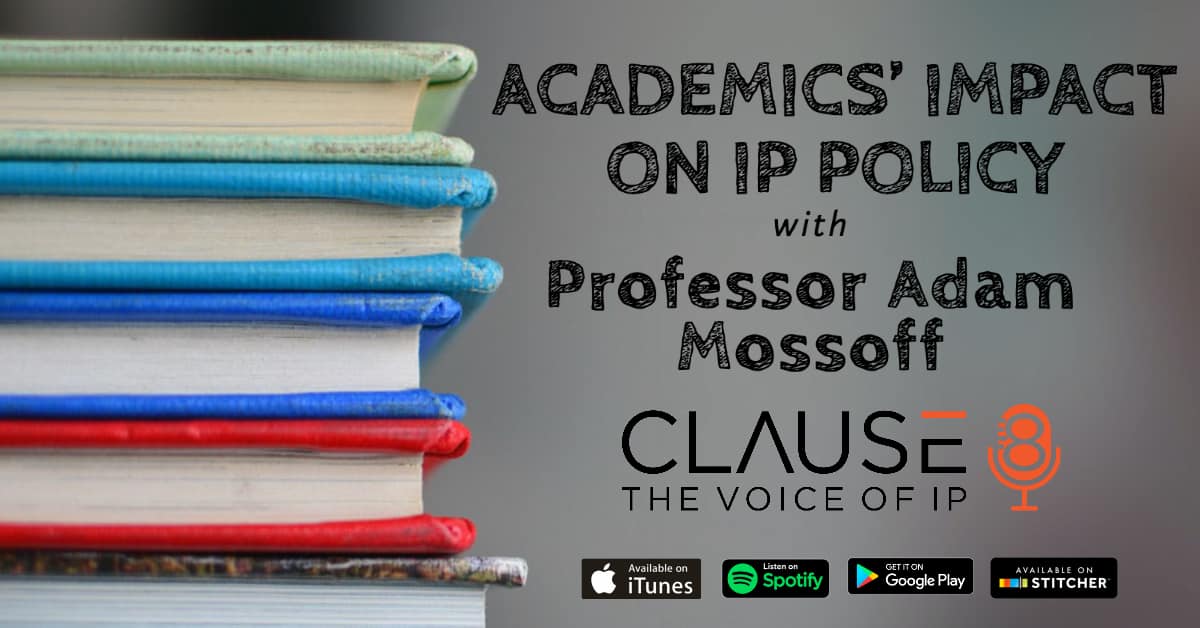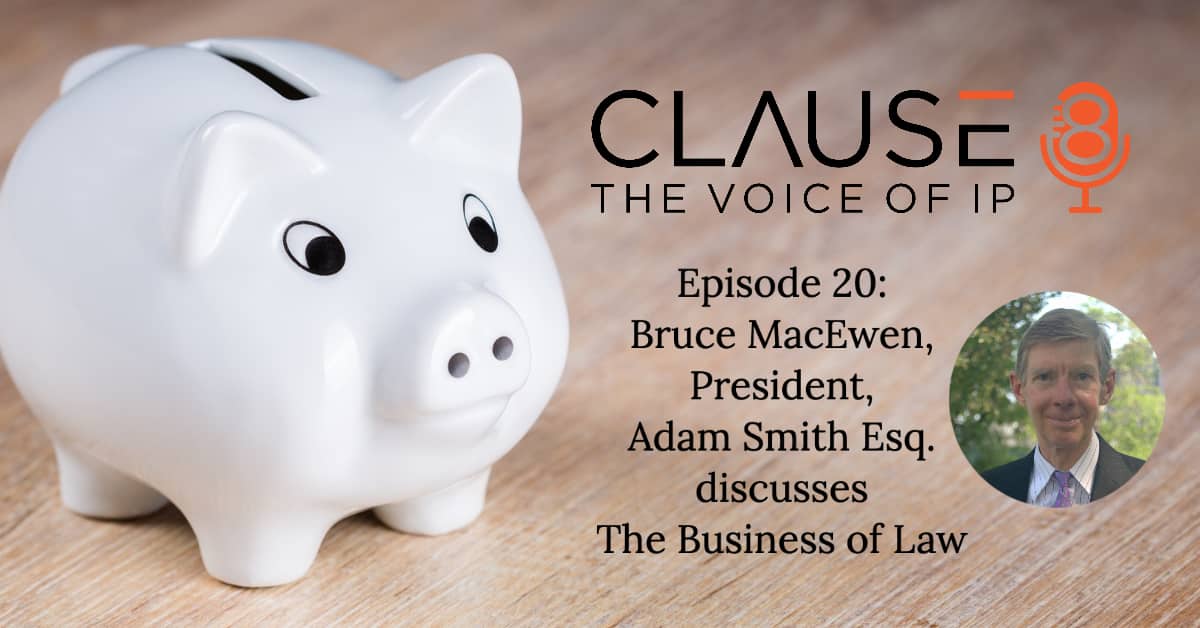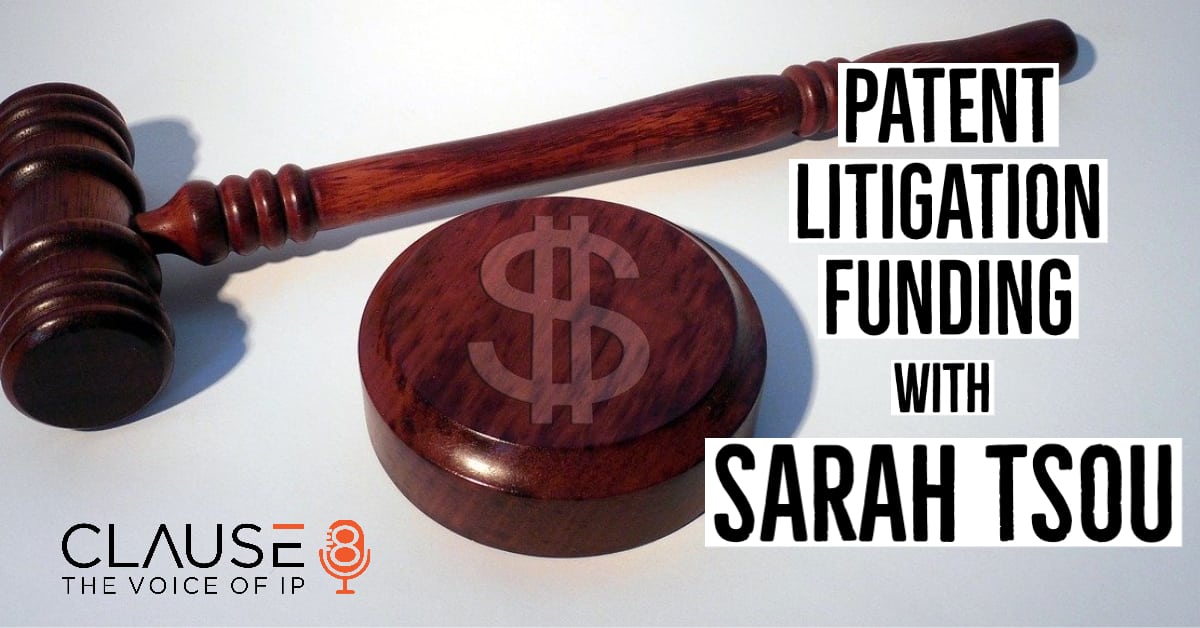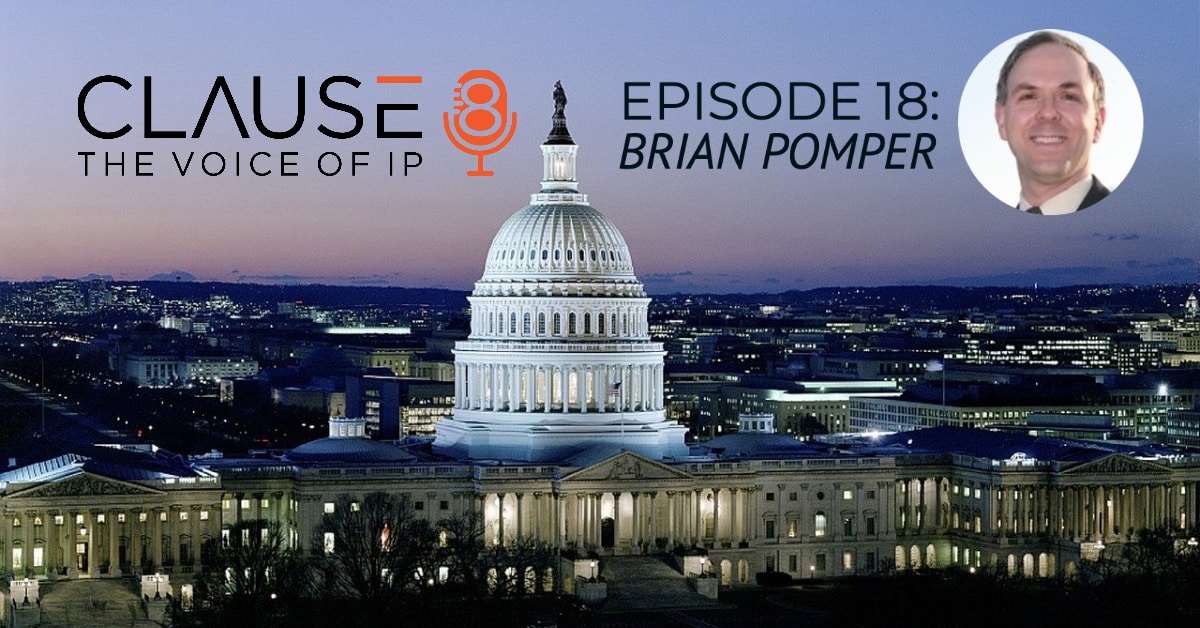Brad Watts is the Majority Chief Counsel and Staff Director for the Senate Subcommittee on Intellectual Property. Under the leadership of Senator Thom Tillis, Brad Watts has led the effort to fix the Section 101 patent eligibility mess.
A series of Supreme Court decisions over the last decade have caused enormous confusion and uncertainty with regard to patent eligibility. After the 2018 midterm elections, to the relief of many in the innovation community, Senators Thom Tillis and Chris Coons requested to reinstate the Senate Subcommittee on IP to fix this issue. The process for reforming 101 included a framework released in April 2019, a bipartisan, bicameral draft bill released in May 2019, and an unprecedented three days of hearings with 45 witnesses representing almost every imaginable view on the subject.
At the end of those hearings, Sen. Tillis said “I want to do this quickly . . . I think we can review the record and make changes, garner consensus, and introduce a final bill sometime after the July 4 recess.” That never happened.
In an IP Watchdog interview earlier this year, Sen Tillis explained that the Section 101 reform “process stalled because stakeholders refused to compromise.”
What happened? Is the effort to reform Section 101 really over? Why did the effort fail in this Congress? What should the innovation community do help revive the effort? Is there a possibility of a narrow medical diagnostics fix that is likely to lead many others pushing for reform disappointed?
In this episode, I speak with Brad about what really happened during this last attempt at reform, why it wasn’t successful, where to go from here, and much more.
Some of the topics discussed:
- How Capitol Hill staffers learn about IP issues
- Influence of Professor David Taylor’s research about the current patent eligibility jurisprudence and its negative impact on investment
- What prompted Sen. Tillis to focus on patent eligibility reform and restart the Senate Subcommittee on IP
- Process laid out by Sen. Tillis for patent eligibility reform legislation
- Why everyone who wanted to engage in good faith was invited to be part of the process
- Whether goal was to pass bill this Congress or to start a multi-Congress effort
- Bad faith efforts to stop patent eligibility reform and why even some opponents of patent eligibility reform might have legitimate points
- How the bipartisan, bicameral draft bill released in May 2019 was drafted – involvement of staffers Jamie Simpson, Phil (Phillip) Warrick, and Tom (Thomas) Stoll and the principals
- Possibility of narrow diagnostics-only fix for Section 101 and why Sen. Tillis is open to it
- Why Sen. Tillis never introduced a bill after the 3 day of hearings
- How stakeholders can reach consensus with regards to patent eligibility to make reform possible
- Continued work on patent eligibility reform
- How stakeholders can and should communicate their position and concerns to Sen. Tillis and their own Senators about IP issues in general
Listen and subscribe on IPwatchdog.com or your favorite podcasting app!
